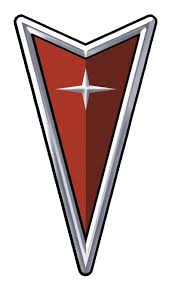Grand Prix V6-3100 3.1L MFI VIN M (1994)

Fuel Return Line: Description and Operation
Purpose
The fuel feed and return pipes and hoses carry fuel from the fuel sender assembly to the fuel rail assembly. With some engines an accumulator is
attached to the fuel feed pipe to absorb pulsations that are generated by the injectors cycling.
Quick-Connect Fittings
Quick-connect type fittings provide a simplified means of installing and connecting fuel system components. Depending on the vehicle model,
there are two types of quick-connect fittings, each used at different locations in the fuel system. Each type consists of a unique female connector
and a compatible male pipe end. 0-rings, located inside the female connector, provide the fuel seal. Integral locking tabs or fingers hold the
fittings.
Fuel Pipe 0-Rings
The threaded feed and return pipe connections are sealed with 0-ring seals. Fuel pipe 0-ring seals are made of special material, and should only be
serviced with the correct service part.
Construction
Nylon Fuel Pipes
Nylon fuel pipes are designed to perform the same job as the steel or rubber fuel lines they replace. Nylon pipes are constructed to withstand
maximum fuel system pressure, exposure to fuel additives, and changes in temperature. There are two sizes used: 3/8" ID for the fuel feed, and
5/16" ID for the fuel return.
Pipes that are exposed to chafing, high temperature or vibration are protected with heat resistant rubber hose and/or corrugated plastic conduit.
Nylon fuel pipes are somewhat flexible and can be formed around gradual turns. However, if forced into sharp bends, nylon pipes will kink and
restrict fuel flow. Also, once exposed to fuel, nylon pipes may become stiffer and are more likely to kink if bent too far. Special care should be
taken when working on a vehicle with nylon fuel pipes:
CAUTION: To Reduce the Risk of Fire and Personal Injury:
^
Always cover nylon fuel lines with a wet towel before using a torch near them. Also, never expose the vehicle to temperatures higher then 115°C
(239°F) for more than one hour, or more than 9O°C (194°F) for any extended period.
^
Take care not to nick or scratch the nylon fuel lines. If damaged, they must be replaced.
